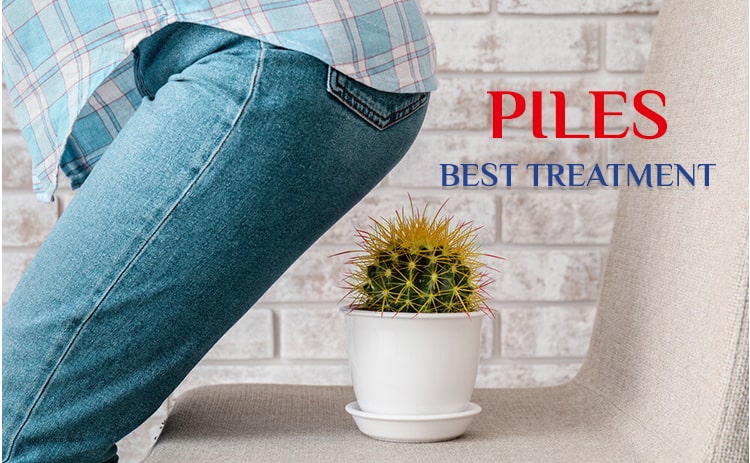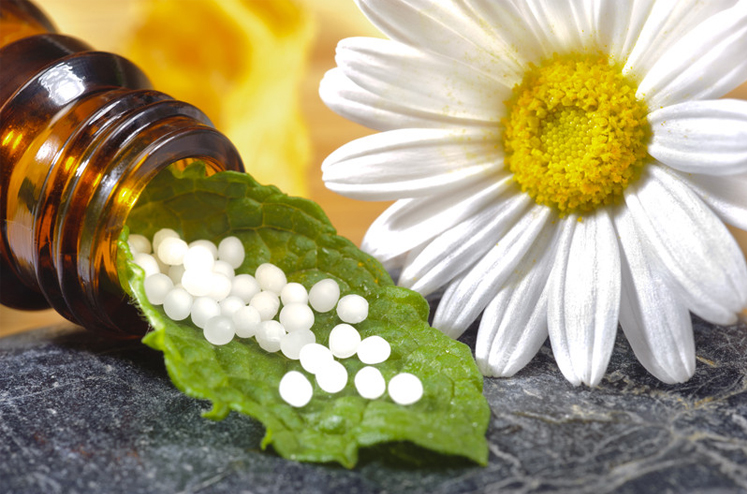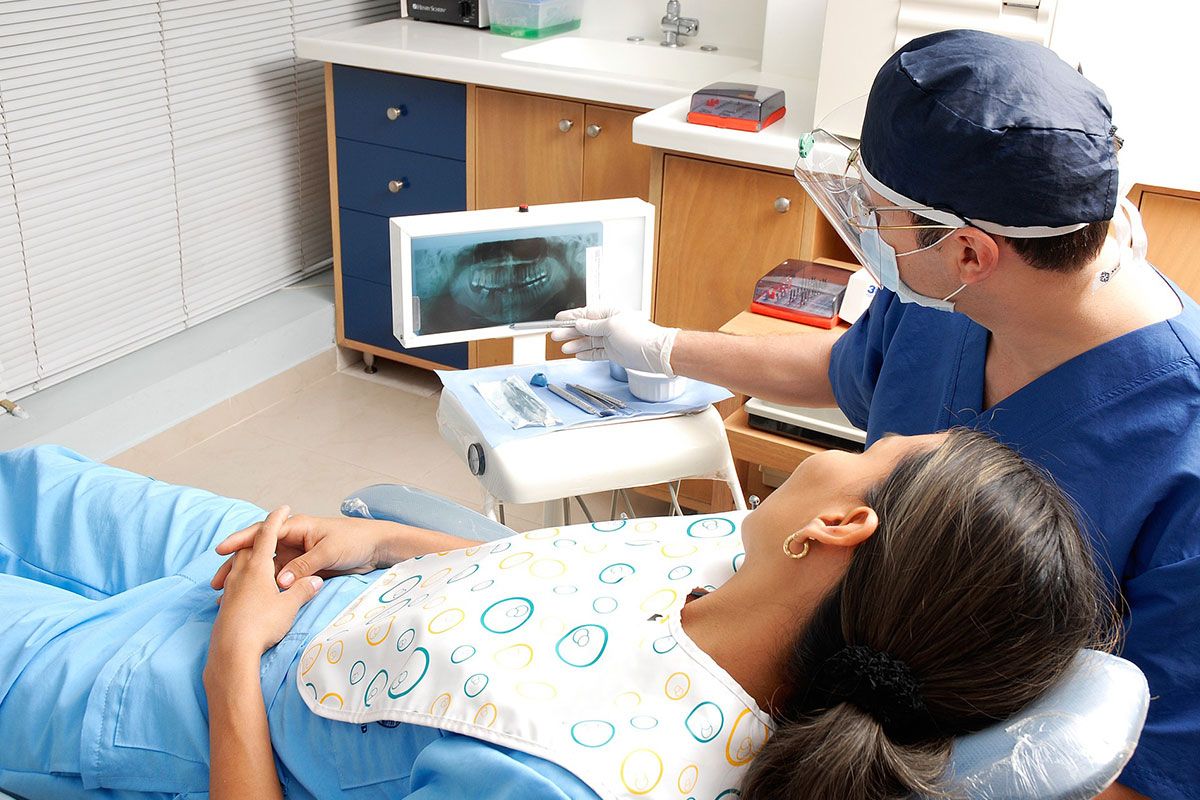
Homeopathy treatment for Piles
What is Haemorrhoids ?
Haemorrhoids also referred to as Piles is a disease of the vascular structures present in the anal canal. These vascular structures are present in within the Haemorrhoidal cushion which are a normal part of the anal canal.The normal function of these blood vessels help in continence(holding the excreta) by preventing damage to the anal sphincter muscle.
In Haemorrhoidal disease, due to straining and engorgement, the vascular structure and the Haemorrhoidal cushion get prolapsed into the anal canal. With the severity of the Haemorrhoidal disease, they get prolapsed outside the anal canal where they are susceptible to injury.
What causes haemorrhoids?
Haemorrhoids is a disease which is caused due to the physical effect on the Haemorrhoidal complexes in the anal canal. Most of the times, straining during defecation leads to development of haemorrhoids.Some of the well-known causes of haemorrhoids are :
Chronic constipation, Recurrent diarrhea,Colorectal surgeries, lack of physical activity, Obesity(Overweight), Prolonged sitting for long hours(sedentary life) and Pregnancy.
What are the types of Haemorrhoids ?
Haemorrhoids are commonly classified as External Haemorrhoids and Internal Haemorrhoids.
External Haemorrhoids are below the dentate line of the anal canal and are often associated with internal type. They get painful when thromboses (clotted and hardened)
Internal Haemorrhoids are above the dentate line and majority of Haemorrhoidal disease is of this type.
What about haemorrhoids during pregnancy?
Piles is seen to develop in some women during pregnancy . In pregnancy , due to decreased gastrointestinal motility on account of high serum progesterone levels and mechanical compression from an enlarging uterus cause early satiety(hunger), gastro esophageal reflux, nausea, vomiting, and constipation. In such a scenario, hemorrhoids tend to develop and often bleed. In some women, haemorrhoids remain even after the delivery of the child.
What are the different stages of Haemorrhoids ?
Based on the progress of the Haemorrhoidal disease, Piles has been stages as follows
Stage |
Symptoms |
| I | Enlargement of the blood vessels with bleeding per rectum |
| II | Enlarged blood vessels . Prolapse of vascular structure with spontaneous reduction |
| III | Enlarged blood vessels. Prolapse of engorged vascular structure with manual reduction |
| IV | Prolapse of the Haemorrhoidal plexus which doesn’t reduce |
What are the symptoms of Haemorrhoids ?
The primary complaints of any patient with Haemorrhoids are related to two reasons ; Bleeding and Protrusion. The pain is not much distressing but is felt as a dull ache with a sense of heaviness.
When a patient with Piles complaints of severe pain, it may be due to a thromboses Haemorrhoids.
The bleeding per rectum due to Piles is bright red in color which is seen either upon wiping or in the toilet. Prolapse or protrusion of the vascular structure begins with weakening of the anatomical structure of the anal canal. Due to leakage from the injury to the Piles, anal hygiene may get difficult and patients complain of anal itching. In rare instances, anemia is seen in patients with haemorrhoids.
How is Piles diagnosed?
The diagnosis of Haemorrhoidal disease is made by the doctor on physical examination. Inspection is done for any evidence of thrombosis or excoriation. Rectal examination may also be required to confirm the advancement of the disease. To know the position of the Piles, Ano scopy is performed by the doctor by which the stage and location of the Haemorrhoidal complexes are classified.
What happens if hemorrhoids is not treated ?
Haemorrhoids is a disease which normally results from excessive straining either due to constipation or irregular hard bowel movements.Hemorrhoids are probably the most common
cause of lower gastrointestinal tract bleeding. In some patients ,haemorrhoids may be a reason for perineal skin lesions.Necrotizing fasciitis caused by mixed aerobic-anaerobic bacteria can be in the Portal of a hemorrhoidal complex.
What is the treatment for Haemorrhoids or Piles ?
In all the patients of haemorrhoids, the stage and location of the piles is considered and the treatment is decided by the doctor. Treatment has to be started for both the symptomatic and non-symptomatic haemorrhoids . In conventional medicine, surgery and bands are sought to treat Stage I to Stage IV haemorrhoids. But complications due to surgery should be borne in mind before taking the decision to undergo surgery. Early and late complications such as pain, infection, urinary retention, facial incontinence etc should be observed.
But the best way to get rid of Piles from its root is to take Homeopathic treatment. Homeopathy has excellent homeopathic medicines for haemorrhoids which act deep enough to cure the all the stages of Piles effectively and also prevent further recurrence of Haemorrhoidal disease. The best part of homeopathic treatment is that they cause no side-effect and the treatment does not involve surgery, the medicines can be taken at the comfort of home or office. The duration of treatment with homeopathic treatment is decided based on the stage of the disease and guidelines to follow the course of treatment is explained.
Some of the well-known top homeopathic remedies for Piles are Aesculus, Nux vomica, Ratanhia, Sulphur, Mille folium, Carbo veg etc. But it is always recommended to take homeopathic medicines from a registered homeopathic practitioner only. The dosage and usage of the medicines can be known best to a homeopath.






